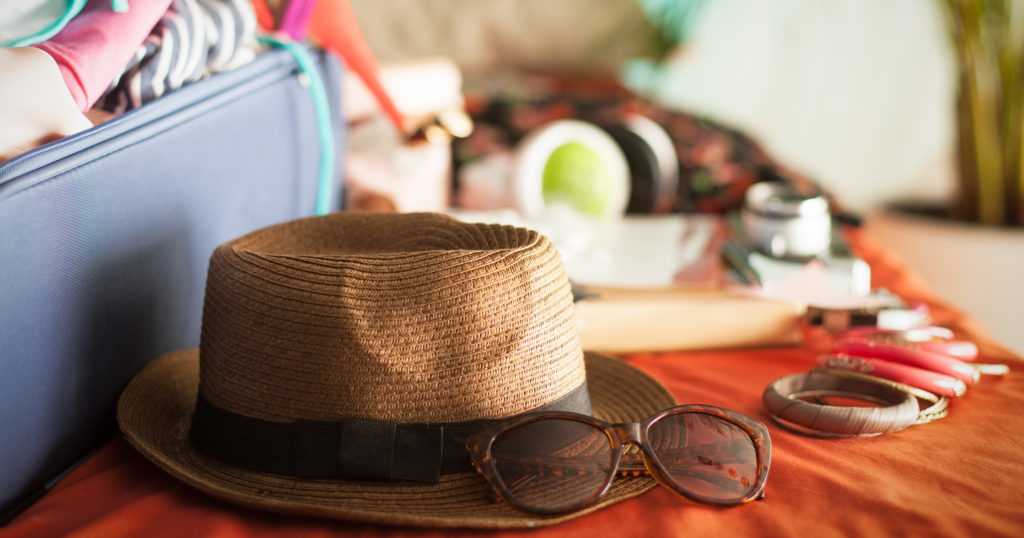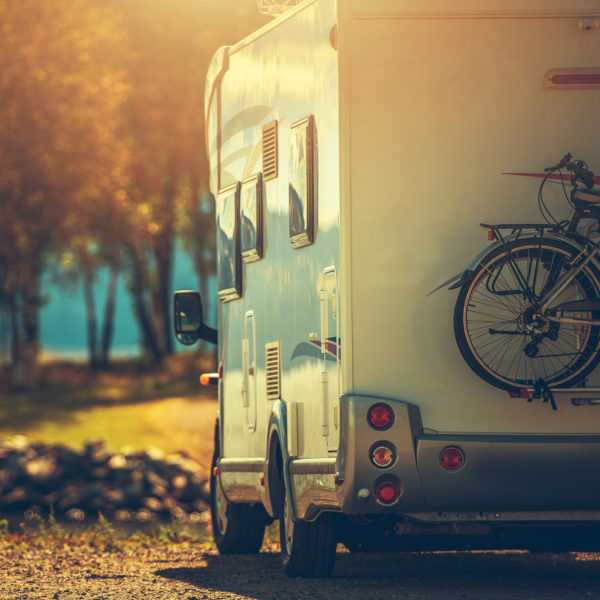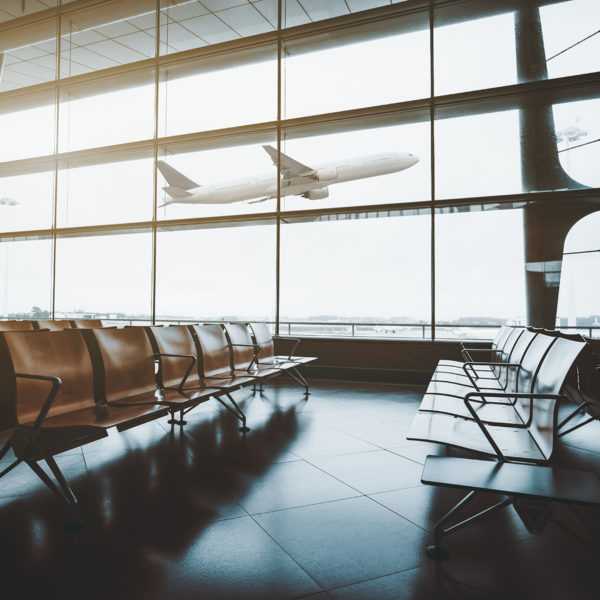Sizzling Summer Underway for Vacation Travel Businesses


There is lost time to be made up for in these post-pandemic times, and the country’s vacation-related businesses are cashing in.


As the COVID vaccination rate has soared and the number of U.S. cases has dropped radically, millions of eager Americans are traveling again this summer. And according to USA Today, hotel room and vacation rental prices are back to or higher than 2019 levels, following last summer’s huge coronavirus-induced falloff.
For the week ended June 12, U.S. hotel occupancy reached its highest weekly level since early November 2019, hotel industry analytics firm STR reports. The average daily room rate was at $125.16, down 10.3% from the comparable week in 2019. However, weekend occupancy was up 0.2% (Friday) and 3.2% (Saturday) vs. the 2019 comparables.
VACATION RENTAL BOOM
The demand for vacation rentals is particularly strong. Rates for short-term U.S. rentals from Airbnb and similar platforms have already surpassed pre-pandemic pricing, USA Today said, citing information from vacation rental data company AirDNA. The average U.S. short-term rental stay in May cost $244.42, up 21% from the same month in 2019, per AirDNA figures.
AirDNA forecasts that U.S. short-term-rental room rates will remain high the entire summer travel season, with the average rate expected to peak in July at $288.94.
Airbnb CEO Brian Chesky told USA Today last month that he expects demand over the summer holidays to be “huge” this year, while Alison Kwong, a spokeswoman for vacation rental website Vrbo, noted that summer vacation homes were booked on the platform “much earlier,” and for more nights, this year.
“Pent-up demand, vaccinations, and the desire to reunite with loved ones motivated families to book as early as February, and many of Vrbo’s most-popular destinations were scooped up quickly,” Kwong said. “Hosts have paid attention to the travel boom for this summer and set their prices for their vacation homes accordingly.”
SPENDING INCREASE
Direct spending on leisure travel by domestic travelers totaled $724 billion in 2019, according to the U.S. Travel Association, which projects that figure to hit $671 billion in 2021, a 21% increase from 2020’s pandemic-deflated $555 billion.
A survey of 2,004 Americans published by Deloitte in May found that 4 in 10 respondents intended to take at least one trip with a flight and/or a stay in paid lodging between Memorial Day and the end of September.
The need for a post-lockdown getaway was cited by nearly half of the survey respondents planning leisure trips, making it the top motivation for travel this summer. Beaches led among destinations, followed by cities and outdoor experiences. A small portion of respondents plan to visit either national and state parks or theme parks for their longest summer trip.
Of the respondents choosing to stay in a hotel, 89% cited enhanced safety measures as a reason for choosing that type of lodging, the survey said, while the choice of 86% of travelers staying in private rentals is influenced by an amplified sense of control over exposure and their own safety.
While accommodations in the most popular destinations have been booking up fast, travelers lucky enough to get rooms in their desired location might find getting a rental car to be a challenge — and costly.
‘CARPOCALYPSE’ FALLOUT
The nation is experiencing what has been called a “carpocalypse,” or a severe shortage of automobiles available for rental due to major rental companies having sold off their dormant fleets for cash during the height of the pandemic — and now are finding them hard to replace as a continuing semiconductor chip supply crisis continues to affect automakers’ output. Car rental prices increased by nearly 506% year-over-year in April, according MarketWatch, citing Cleveland Federal Reserve data.
AAA spokesperson Julie Hall told MarketWatch that the shortages and delays create a “domino effect as rental-car companies work to increase their inventory of new vehicles in time to meet the increased demand for domestic road travel.”
Some travelers are turning to peer-to-peer car-sharing services such as Avail, through which consumers “borrow” privately owned vehicles for a fee that is generally 20% below standard car rental rates, according to The Washington Post. Avail, which is backed by Allstate Insurance, launched in 8 U.S. cities last summer and now operates in 13, including Los Angeles and Miami.
The vehicle classes Avail offers are comparable to those offered by traditional rental car companies. And, since the transaction is handled almost entirely through the Avail app, there is no paperwork to sign.
Avail has an advantage over competing car-sharing services such as Turo and Getaround, The Washington Post noted, not only because of the insurance connection (which automatically covers the borrowers), but because of the other services it provides, like handling the exchange of keys with the owner and cleaning the vehicle’s interior and exterior.
“People express reservations about the inconveniences that can go along with car-sharing,” Avail CEO Mike Osborn told The Washington Post. “We take on these hassles so borrowers and owners don’t have to worry about meeting up to exchange keys or determining whether they need insurance.”
AIR COMEBACK
While domestic air travel was still feeling the pinch of the pandemic in the early months of 2021, the forecast is brighter for the latter part of the year, despite the technical issues, staff shortages, and delays that have plagued some airlines, including Southwest and American, since the summer travel crunch kicked off.
The International Air Transport Association predicts that the domestic market could recover to 96% of pre-crisis (2019) levels in the second half of 2021, a 48% increase from 2020 performance.

